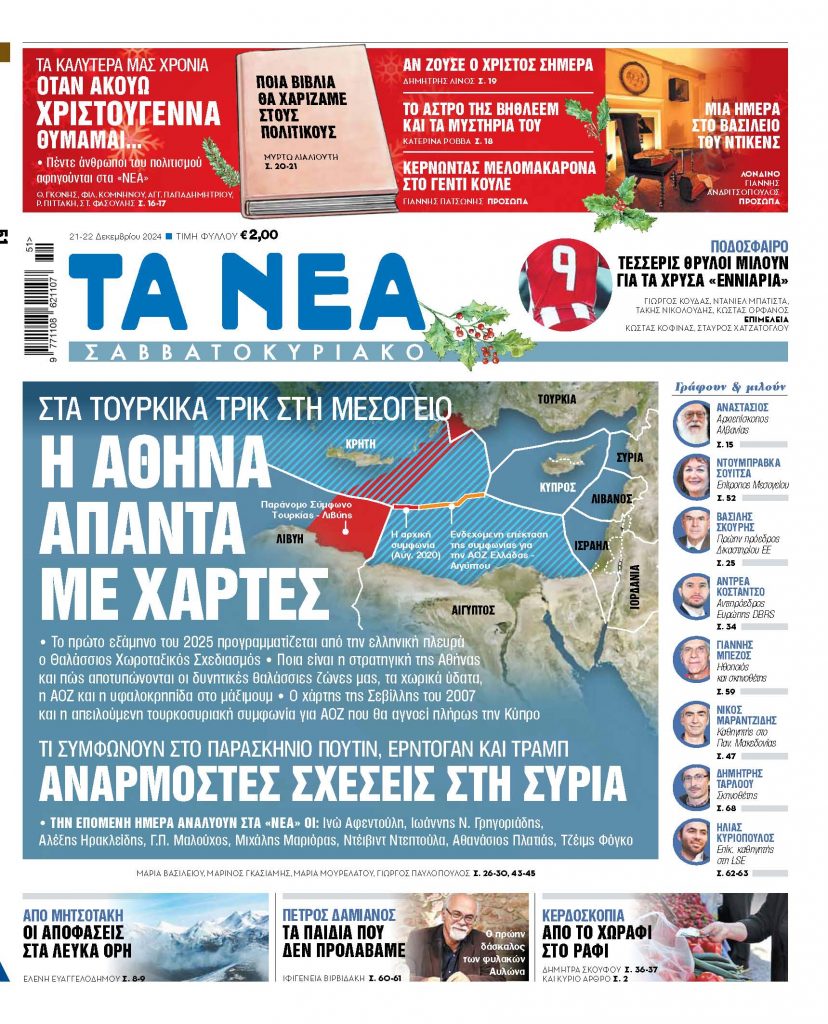Russia’s annexation of the occupied areas of Ukraine is a point of no return.
It opens a new, even more dangerous, chapter in this war, which has already lasted for 220 days.
These regions, which represent 15 percent of the national territory of Ukraine, are now under the total control of Russia, and therefore under its nuclear umbrella.
Consequently, from now on, any attack on them will be treated by the Kremlin as an attack on Russian territory and could trigger a response with nuclear weapons.
Former German chancellor Angela Merkel – who bears the greatest responsibility for EU’s dependence on Russian energy – warned that the West must seriously take this threat into account.
That, however, should in no way thwart the decision to bolster Ukraine with all necessary means to counter the barbaric invasion to which it has been subjected.
If a country’s invasion of another country and the redrawing of borders with a land grab through the force of arms is tolerated for any reason today, then there is nothing to prevent another dictator, with or without nuclear weapons, from doing the same tomorrow.
Vladimir Putin knows that the possible use of nuclear weapons by his country, even on a “limited scale”, would trigger a severe backlash, not only from his opponents, but also from his remaining allies.
China and India, for example, would sever all ties with him, as they would lose the deterrent force that they possess today.
That would constitute a death blow for the Russia president.
Of course, there is always the possibility that Putin, faced with impasses both on the field of battle and domestically, may choose to become a kamikaze, dragging the rest of the planet down with him as he falls.
This is yet another reason that he must be confronted with the greatest degree of decisiveness by the civilised world.
Any letting up when faced with such madness will be catastrophic.








